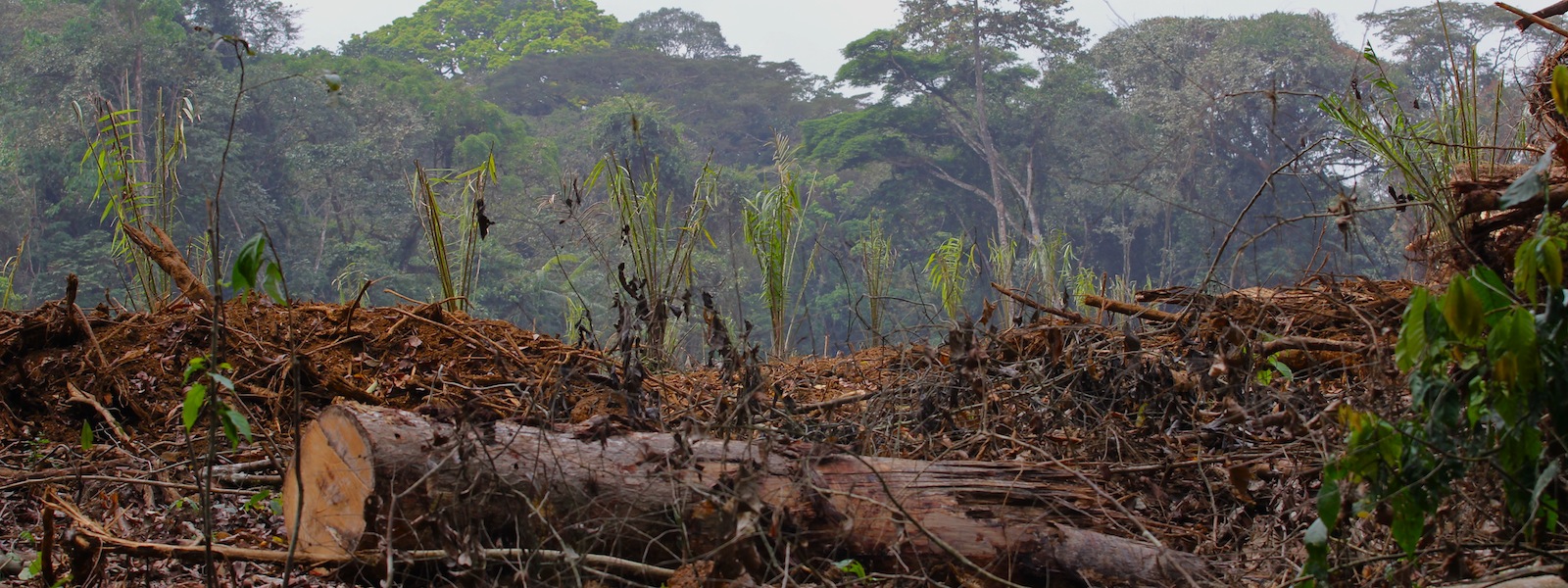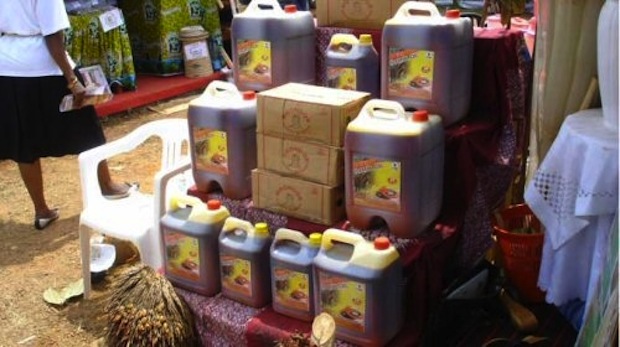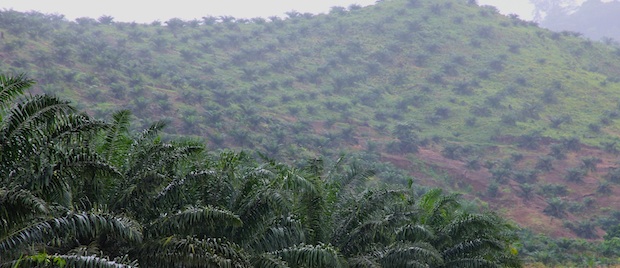Yesterday in Yaounde, Cameroon, it was possible to shuttle between the Forum on Forest Governance in Central and West Africa and the International Agro-business Exhibition. As the forum wrapped up the trade fair got underway, forest protection and agro-industry awkwardly coexisted, mirroring the situation on the ground.
The agro-industrial trade fair, which continues through April 8th, is a huge affair and understandably so. Food security is a pressing issue in Cameroon, a country that imports nearly a million tons of food each year including large quantities of basic foodstuffs. At the same time, half the country’s population earns a living from farming. Cameroon’s farmers urgently need access to credit and investment (in agricultural inputs and infrastructure, in particular). The government has made agriculture a priority sector and has decided that foreign investment will play a key role in developing the country’s agricultural capacity.
But the lack of clear policy directives to shape agricultural development – food crops vs. export crops, smallholder farms vs. industrial agriculture – are resulting in a system that favors foreign investment in export crops.
Palm oil is at the top of the list of new agriculture investments, but palm oil will not solve Cameroon’s food security issues. If food self-sufficiency is the government’s goal, foreign investment in palm oil need not be encouraged. Palm oil investments may bring economic benefits to the country, but they must follow strict guidelines and conditions in order for benefits to outweigh costs.
See, for example, “The Pros and Cons of Oil Palm Expansion in Cameroon,” pgs. 8-11 of Oil Palm Development in Cameroon, by David Hoyle and Patrice Levang.
“In order to amplify the positive effects and reduce the negative impacts,” write Hoyle and Levang, “there is a need for the government of Cameroon and relevant stakeholders to develop a national palm oil strategy that can steer the rapid expansion of the sector and can ensure that expanded production does contribute to Cameroon’s sustainable development goals. In order to achieve this it is vital that the government urgently engages all the stakeholders from the outset (including government departments, companies, local communities, international and local NGOs).”
The problem today in Cameroon and across the region is that no such strategy exists. And so on one side of town conference participants attend a panel on palm oil-driven deforestation while, over at the trade fair, ministers single out the palm oil sector as particularly promising with nary a mention of sustainability.


